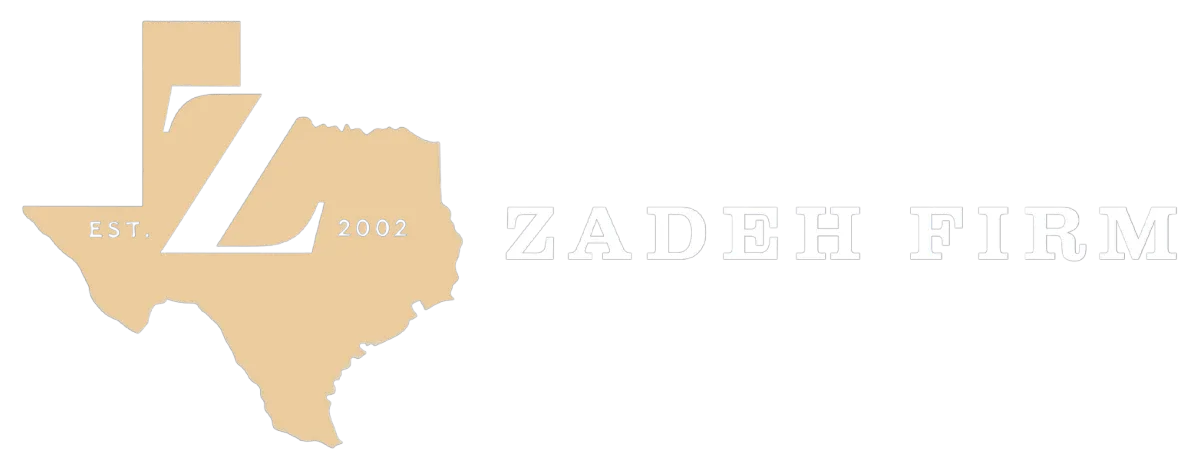

Mediation Services

Elan Cabrero is an accomplished litigator and qualified mediator who brings extensive experience to the resolution of personal injury and insurance disputes. Drawing on his bilingual capabilities in English and Spanish, he facilitates effective communication and understanding between parties from diverse backgrounds. Mr. Cabrero offers flexible mediation services with both half-day and full-day sessions, allowing parties to choose the format that best suits their needs and case complexity. His background as a career litigator provides him with valuable insights into both sides of disputes, enabling him to guide parties toward mutually beneficial resolutions while maintaining strict neutrality. Clients benefit from his deep understanding of personal injury law and insurance matters, combined with his proven ability to bridge cultural and linguistic gaps in the mediation process. If you would like to schedule your case for mediation please contact us.

WHAT WE BELIEVE
Why Would an Insurance Company Deny a Claim?
Insurance companies are businesses, meaning that they have to turn a profit just like everyone else. Every time a company pays out a weather-related settlement, that impacts its bottom line—which puts the onus on its adjusters to reflexively deny or minimize, rather than grant, claims filed by homeowners and business owners. The insurance company may:
Seize on a technical error in your insurance application to deny your claim (say, you accidentally transposed two numbers in your street address on one part of the document).
Insist that the damage you reported was not caused by a weather event, but by your own faulty maintenance or upkeep, or by an accident not covered under your policy.
Accept that some, but not all, of the damage was caused by the weather event, allowing the company to cut its payout in half while leaving you holding the bag for the rest of the repairs.
Run you through so much red tape (repeated site visits, requests for documentation, etc.) that you simply give up and pay out of your own pocket.
Simply refuse to pay your claim, “just because,” usually because there is some kind of financial malfeasance occurring at the company and it simply doesn't have the available funds.

WHAT WE BELIEVE
Why Would an Insurance Company Deny a Claim?
Insurance companies are businesses, and like any other, they aim to protect their bottom line. Every weather-related payout impacts their profits, which often leads adjusters to deny or minimize claims instead of approving them. The insurance company may:
Exploit a minor technical error in your insurance application, such as accidentally transposing numbers in your address, to deny your claim.
Claim that the damage you reported wasn’t caused by a weather event but by your own lack of maintenance, upkeep, or an uncovered accident.
Acknowledge that only part of the damage was caused by the weather, reducing their payout while leaving you to cover the rest of the repairs.
Overwhelm you with red tape—repeated site visits, excessive requests for documentation, and delays—until you give up and cover the costs yourself.
Flat-out refuse to pay your claim without a valid reason, often because of internal financial issues at the company, leaving them unable to honor their obligations.
Mediation: A Cost-Effective Path to Resolving Disputes Before Trial
Pursuing litigation through trial can be an expensive and risky endeavor for all parties involved. The costs of expert witnesses, depositions, trial preparation, and court proceedings can quickly escalate into tens or even hundreds of thousands of dollars. Additionally, the uncertainty of a jury verdict means that both plaintiffs and defendants face significant risks – plaintiffs may receive far less than expected or nothing at all, while defendants could face unexpectedly large judgments. By attempting to resolve disputes through mediation first, parties can maintain control over the outcome while avoiding these substantial costs and risks. A successful mediation typically costs a fraction of what parties would spend taking a case through trial, making it a fiscally responsible first step in dispute resolution.
Many courts in the Dallas-Fort Worth metroplex have implemented standing mediation orders that require parties to attempt mediation before proceeding to trial. This requirement reflects the judiciary's recognition of mediation's effectiveness in resolving disputes and reducing court backlogs. Under these orders, parties must make a good faith effort to mediate their dispute and file documentation confirming their participation in mediation before they can proceed to trial. While the order mandates attendance at mediation, it does not require parties to settle – rather, it ensures that parties have thoroughly explored the possibility of resolution through this cost-effective alternative dispute resolution process. Failing to comply with these standing orders can result in delays, additional costs, and potential sanctions from the court.

Mediation: A Cost-Effective Path to Resolving Disputes Before Trial
Pursuing litigation through trial can be an expensive and risky endeavor for all parties involved. The costs of expert witnesses, depositions, trial preparation, and court proceedings can quickly escalate into tens or even hundreds of thousands of dollars. Additionally, the uncertainty of a jury verdict means that both plaintiffs and defendants face significant risks – plaintiffs may receive far less than expected or nothing at all, while defendants could face unexpectedly large judgments. By attempting to resolve disputes through mediation first, parties can maintain control over the outcome while avoiding these substantial costs and risks. A successful mediation typically costs a fraction of what parties would spend taking a case through trial, making it a fiscally responsible first step in dispute resolution.
Many courts in the Dallas-Fort Worth metroplex have implemented standing mediation orders that require parties to attempt mediation before proceeding to trial. This requirement reflects the judiciary's recognition of mediation's effectiveness in resolving disputes and reducing court backlogs. Under these orders, parties must make a good faith effort to mediate their dispute and file documentation confirming their participation in mediation before they can proceed to trial. While the order mandates attendance at mediation, it does not require parties to settle – rather, it ensures that parties have thoroughly explored the possibility of resolution through this cost-effective alternative dispute resolution process. Failing to comply with these standing orders can result in delays, additional costs, and potential sanctions from the court.
¿Hablas Español?
Podemos Ayudar
817-335-5100
Need Legal Assistance? Get in Touch Today!
1555 Rio Grande Avenue
Fort Worth, TX 76102
Phone: 817-335-5100
Toll Free: 888-713-5418
Office Hours:
Monday - Friday 9:00am - 5:00pm
Have a legal question?
Privacy Policy
